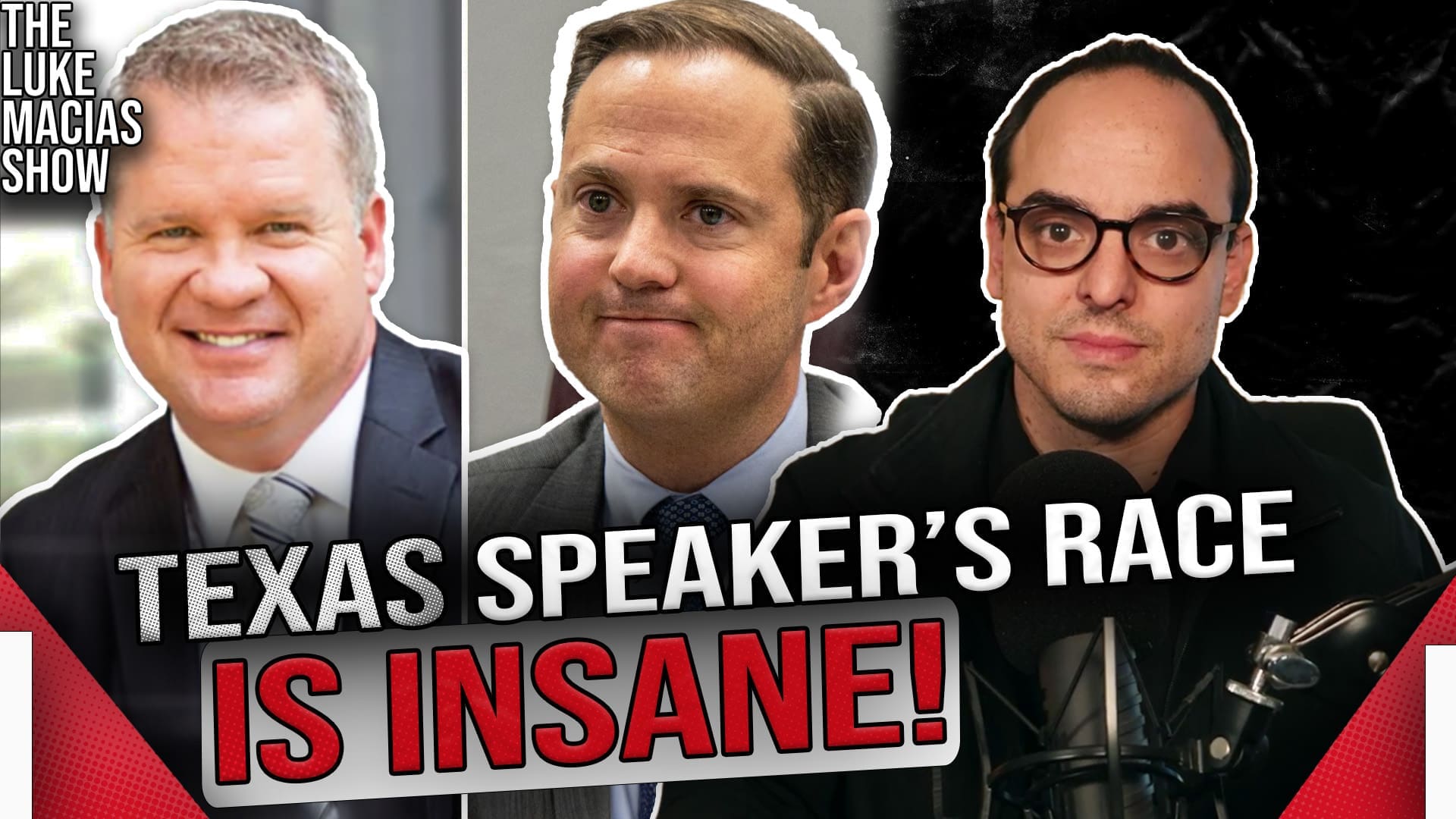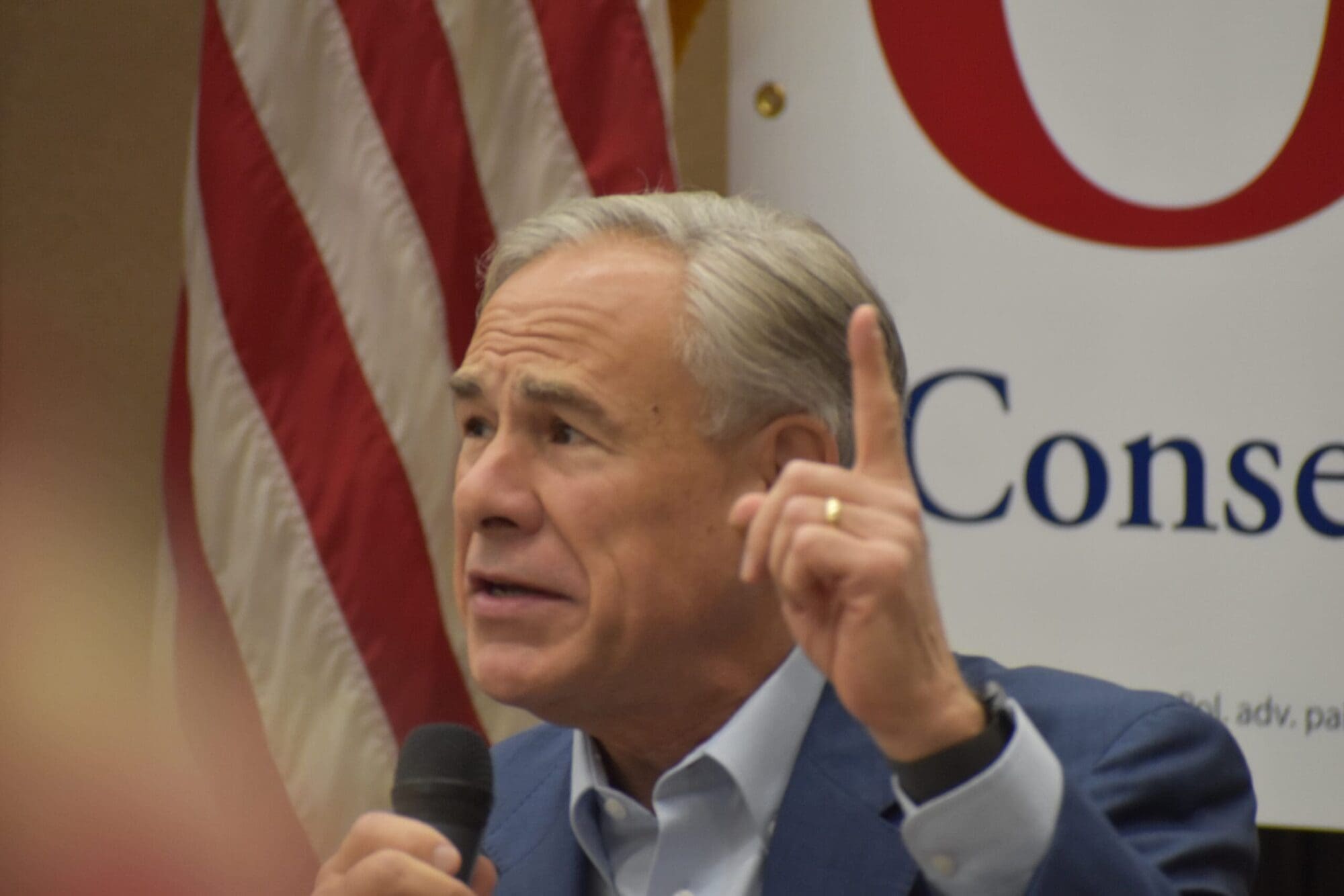According to a poll of voters, healthcare was the most important issue in the 2018 midterm election cycle. Understandably, the crown jewel of political debate during the campaigns was the aspect of the Affordable Healthcare Act that protects consumers from limitations associated with pre-existing conditions. While both major parties want to address the issue, they take dramatically different approaches.
The ACA, or Obamacare, provided for those in the individual markets to have the same benefits as those participating in group insurance without fear of their past medical history preventing them from receiving coverage. The multiple attempts to repeal or change this hotly debated law has caused the issue of pre-existing condition repeal to come to the forefront of the discussions related to healthcare.
Although this law is intended to only directly impact a fraction of our population — those on group plans, Medicare, Medicaid, and VA are unaffected — the discourse is such that most Americans will be impacted. And it’s worth noting that ACA’s“ solution” to protect seven percent of the population had endless regulations and dozens of taxes that drove up the cost for nearly everyone else.
Regardless of the statistics, it is an important issue and must be addressed. Both political parties have established their support for preserving protections for those with pre-existing conditions. As you would expect, they have very different approaches for how to get there.
Democrats are heavily advocating for a “Medicare-for-all” legislation that brings healthcare fully under the control of the federal government. Republicans, on the other hand, want to make it mandatory for insurers to provide coverage regardless of medical history. Republicans are less cohesive on this topic but recognize this is a hot-button political issue that must be discussed.
What both groups fail to acknowledge is that mandating the coverage of pre-existing conditions contributes to an increase in premiums and deductibles.
The purchase of insurance is essentially a transfer of risk, and when you don’t allow the insurance companies to make their own determinations on how to conduct underwriting, this will inflate the cost so that the insurer can adequately protect themselves against catastrophic losses. Both approaches are attempts to fix the system, but there is yet another option that will potentially eliminate the problem of pre-existing conditions altogether.
Health insurance is typically coupled with an employer. When employees lose their jobs or start their own businesses, they must then go and get their own coverage. If individuals were able to secure the tax benefits enjoyed by employers, individuals would have more freedom of choice to purchase benefits that they own. This personal and portable coverage goes with them regardless of employment and without fear of denials due to pre-existing conditions. Employers would also benefit under this model by being able to manage and predict their budgets and provide a defined benefit to their employees that would go toward their benefits by way of increased income or funding of a Health Savings Account (HSA). Americans would be better served by a legislature that will allow for healthcare freedom as opposed to more regulation and government-sponsored solutions.
This is a commentary submitted and published with the author’s permission. If you wish to submit a commentary to the Texas Scorecard, please submit your article to submission@empowertexans.com.





